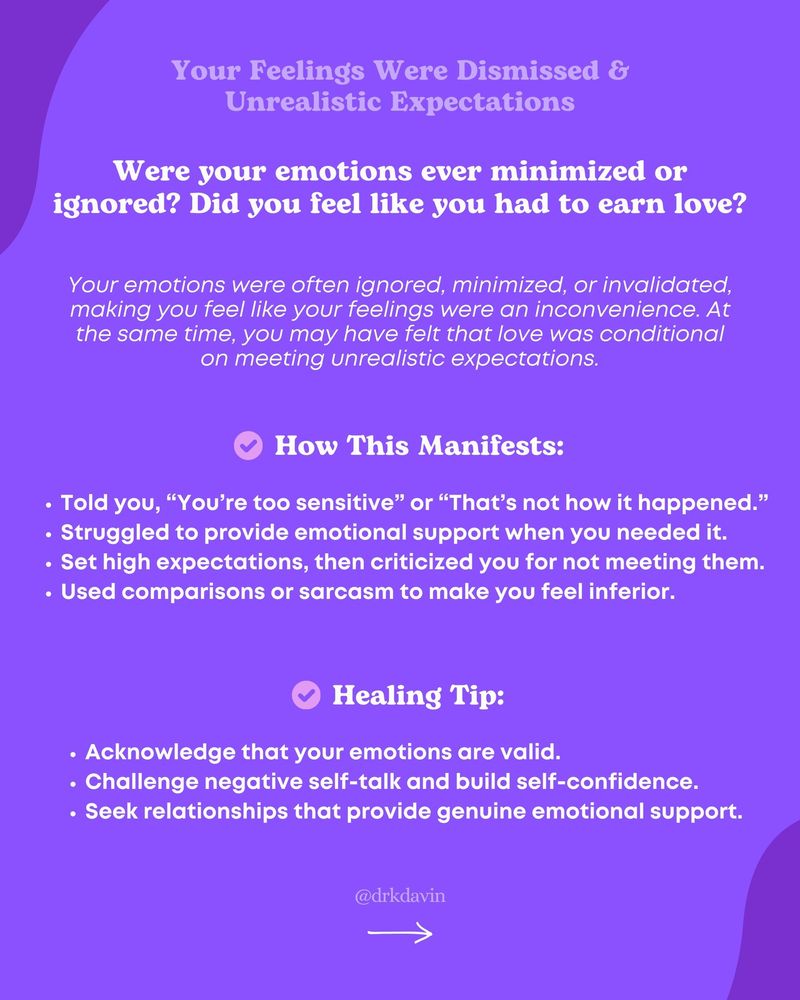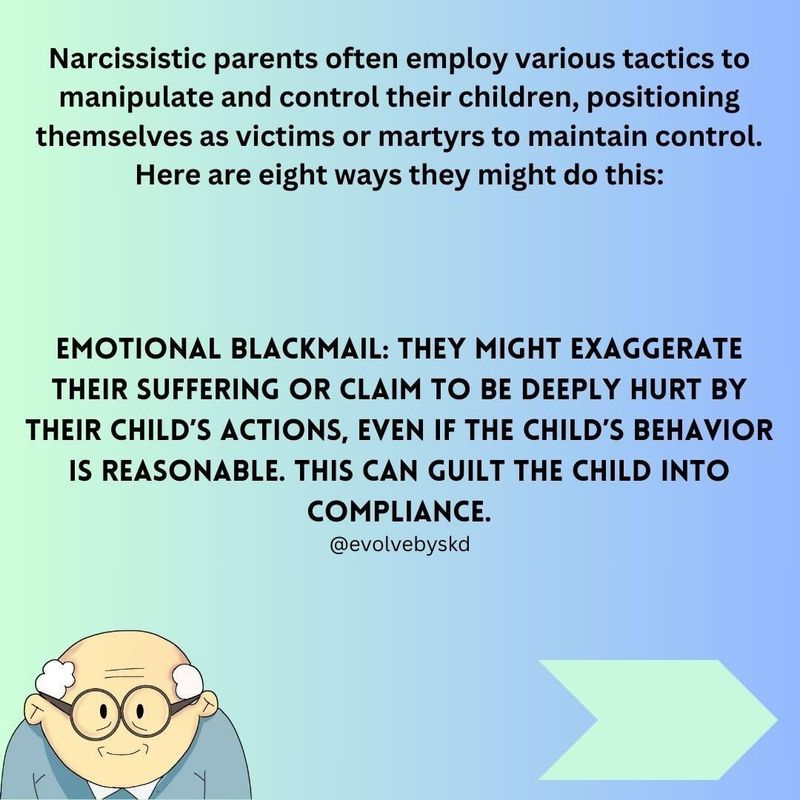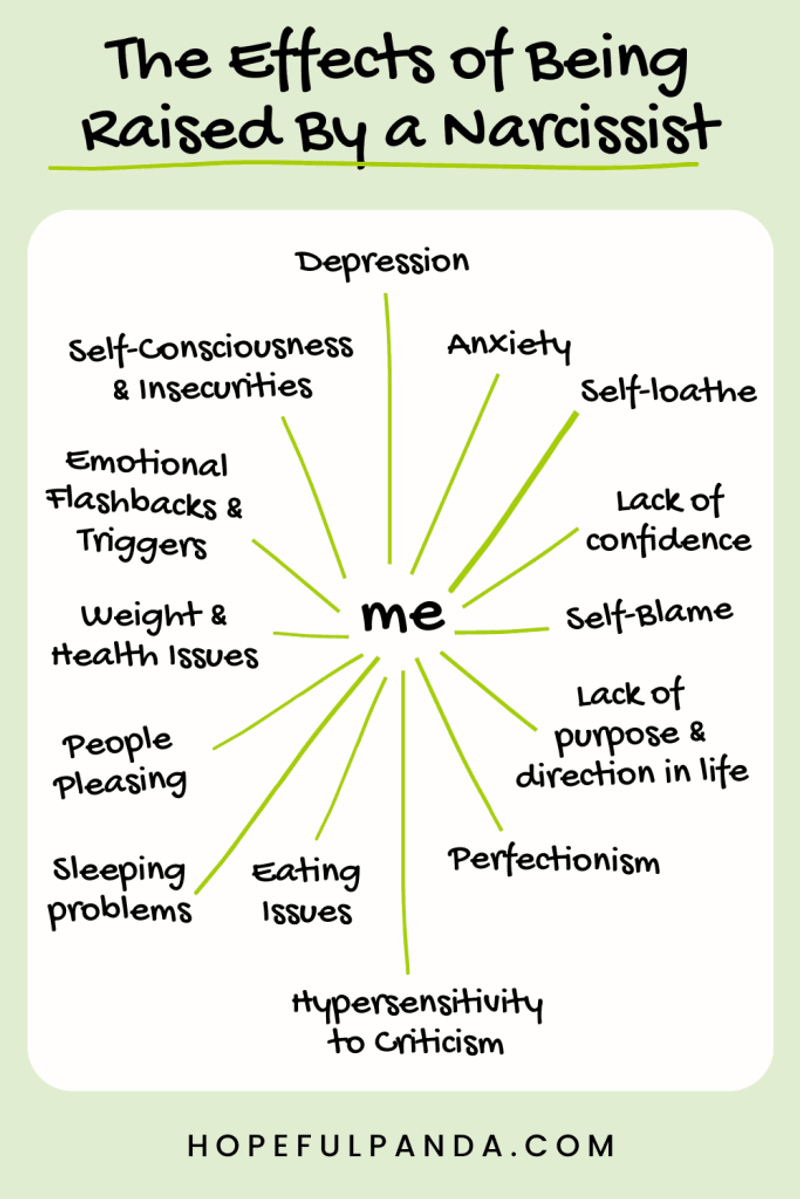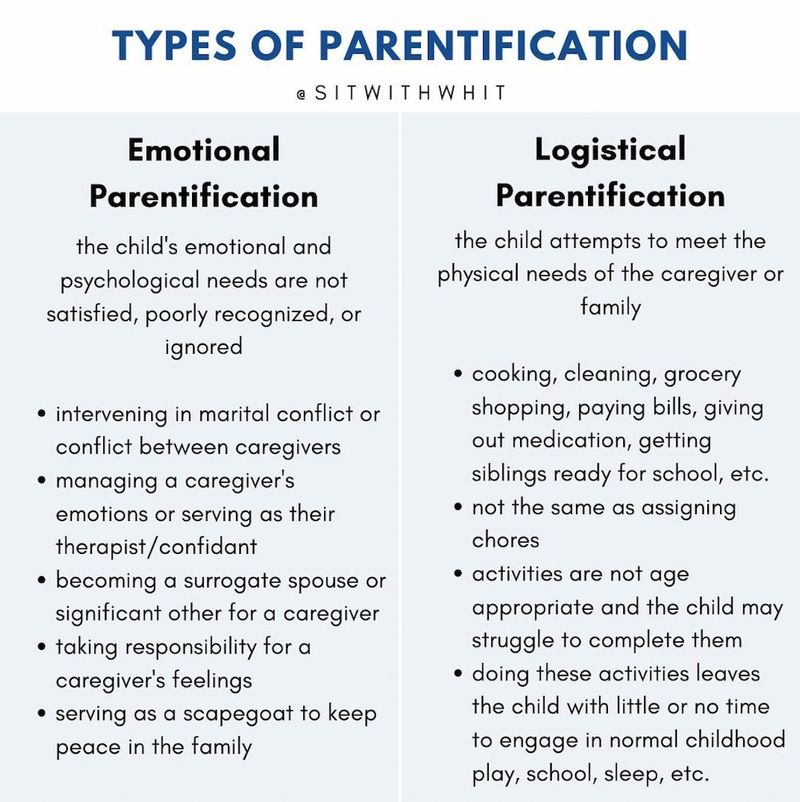Children raised by narcissistic parents often face unique challenges and experiences. These individuals frequently reflect on certain recurring themes that impact their personal development and relationships.
1. Invalidation of Feelings

“You don’t really feel that way,” is a phrase echoing in many minds. Children of narcissists often hear this, leading to self-doubt. Emotional invalidation becomes a tool, stripping them of the confidence to trust their emotions.
This persistent belittlement fosters a disconnect from one’s own feelings. Imagine the constant struggle of battling internal conflict, unsure of one’s emotional reality.
Over time, they may suppress emotions, fearing judgment or dismissal. This leads to an identity crisis, as emotions play a crucial role in self-discovery, ultimately complicating relationships as adults.
2. Unattainable Expectations

For many, the bar is set impossibly high, with no room for error or mediocrity. The constant pressure to excel in every aspect, whether academics or sports, becomes overwhelming.
Parents often project their own desires onto their children, disregarding individual capabilities or interests. This relentless pursuit of perfection can lead to burnout.
Children internalize these expectations, carrying them into adulthood. This can result in an unending cycle of self-imposed pressure and disappointment, feeling perpetually inadequate, never reaching their parents’ elusive standards.
3. Manipulative Guilt

Guilt becomes a powerful weapon in the hands of narcissistic parents. They manipulate through guilt, making their children feel responsible for their parents’ happiness.
“After all I’ve done for you,” serves as a common refrain, fostering a sense of indebtedness. This emotional manipulation ties the child to parental control.
It becomes difficult for these children to establish boundaries, fearing the guilt of disappointing their parents. As adults, they often struggle with guilt in relationships, unable to prioritize their own needs.
4. Lack of Personal Boundaries

Personal boundaries are foreign to many children of narcissists. Their autonomy is often disregarded, with parents intruding into every aspect of their lives.
This invasion fosters a sense of ownership rather than partnership, where the child feels more like an extension than an individual. The concept of ‘mine’ becomes blurred.
Without solid boundaries, they struggle to assert themselves in adulthood. It becomes challenging to say ‘no,’ leading to unhealthy relationships and constant self-sacrifice.
5. Constant Criticism

Imagine never feeling good enough, every action scrutinized. This is a reality for many children of narcissists, who face relentless criticism.
The focus is always on what’s wrong, never what’s right. This environment breeds insecurity, where self-worth is tied to external validation.
As adults, they might become perfectionists, constantly seeking approval, and unable to accept praise. The fear of criticism lingers, affecting their confidence and self-esteem.
6. Emotional Neglect

Emotional neglect leaves an indelible mark. Children of narcissists often feel unseen and unheard, their emotional needs unmet.
Parents are preoccupied with their own needs, leaving little room for empathy or connection. This lack of emotional support creates a void.
Growing up, these children may struggle to express or understand their emotions, leading to challenges in forming deep relationships. They often feel isolated, longing for genuine connection.
7. Parentification

Parentification blurs the line between parent and child. Many children of narcissists find themselves in roles of caretakers, assuming adult responsibilities early on.
They become emotional or even financial supporters, reversing traditional family dynamics. This shift steals their childhood, placing undue burdens on young shoulders.
As adults, they might struggle with setting boundaries and taking care of themselves. The roles they assumed leave them feeling perpetually responsible for others, impacting their relationships and mental health.
8. Fear of Abandonment

Abandonment fears loom large. The threat of withdrawal, whether emotional or physical, becomes a lingering shadow.
Narcissistic parents might use abandonment as a control tactic, making children fear being left behind. This fear becomes ingrained, affecting how they view relationships.
In adulthood, this manifests as anxiety in relationships, fearing partners will leave. They might become overly reliant or excessively guarded, longing for stability yet fearing vulnerability.

Mother of three and a primary school teacher. I’ve always loved being around children and helping them, so I chose my path as a teacher. It is sometimes hectic with three children, but I am 100 percent into it and wouldn’t change it for anything in the world.

